 The Magic World
The Magic World In the Dark
In the Dark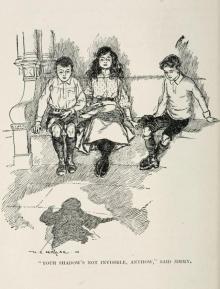 The Enchanted Castle
The Enchanted Castle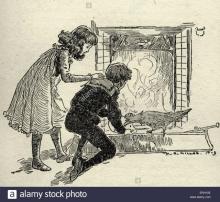 The Phoenix and the Carpet
The Phoenix and the Carpet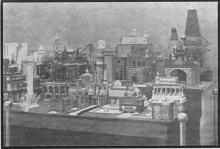 The Magic City
The Magic City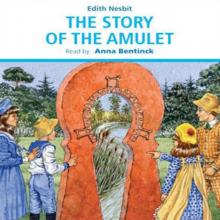 The Story of the Amulet
The Story of the Amulet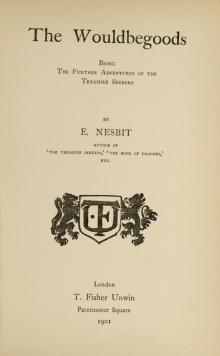 The Wouldbegoods: Being the Further Adventures of the Treasure Seekers
The Wouldbegoods: Being the Further Adventures of the Treasure Seekers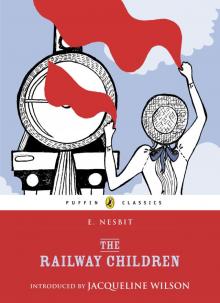 The Railway Children
The Railway Children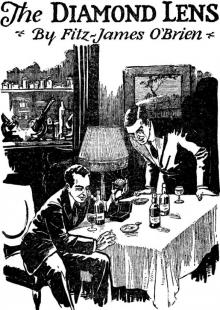 The Diamond Lens
The Diamond Lens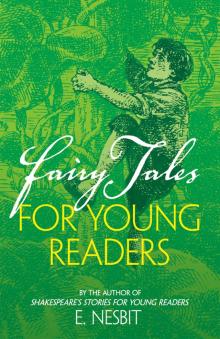 Fairy Tales for Young Readers
Fairy Tales for Young Readers Shakespeare's Stories for Young Readers (Dover Children's Classics)
Shakespeare's Stories for Young Readers (Dover Children's Classics) The Wouldbegoods
The Wouldbegoods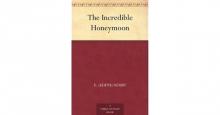 The Incredible Honeymoon
The Incredible Honeymoon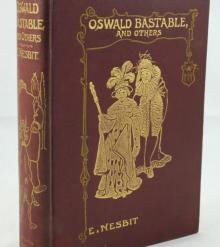 Oswald Bastable and Others
Oswald Bastable and Others Pussy and Doggy Tales
Pussy and Doggy Tales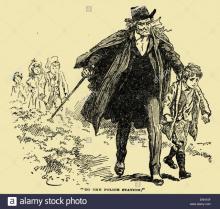 New Treasure Seekers; Or, The Bastable Children in Search of a Fortune
New Treasure Seekers; Or, The Bastable Children in Search of a Fortune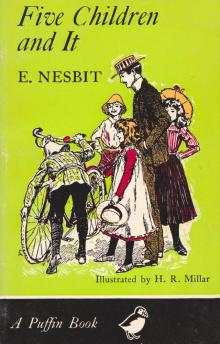 Five Children and It
Five Children and It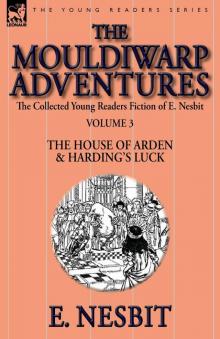 Harding's luck
Harding's luck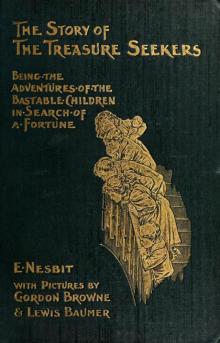 The Story of the Treasure Seekers
The Story of the Treasure Seekers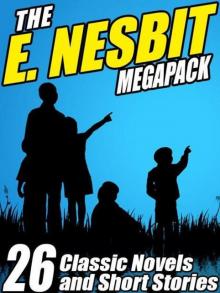 The E. Nesbit Megapack: 26 Classic Novels and Stories
The E. Nesbit Megapack: 26 Classic Novels and Stories Shakespeare's Stories for Young Readers
Shakespeare's Stories for Young Readers